Bachelor of SciencePhysicsCollege of Arts and Sciences
Fundamentally discovering the world
You find all things interesting and seek to learn more about the function of the phenomena that surrounds you. Physics continues to play a critical role in human technology and intellectual development today. The Bachelor of Science in Physics program provides students opportunities to build mathematical models that predict and explain observations of the natural world, design and conduct experiments to explore physical systems, and think critically about data and evidence.
As a student in the Physics program, you will learn the tools used in discovery – observation, imagination, prediction, and deduction – through hands-on learning. All introductory physics courses are taught using a project-based approach, where you actively engage with the material in an integrated lecture and lab format. Each unit is structured around a real-world problem and culminates in a project that applies physics knowledge to solve the problem.
This concentration is designed for students who have an Applied Associate’s degree from a technical college in one of the following areas: Electrical Engineering Technology; Civil Engineering Technology; Mechanical Design Technology; Electromechanical Technology; Automated Manufacturing Systems.
Begin your college career at Edgewood University and participate in the Engineering Dual Degree program with UW-Platteville. Enrolling in this program, you will earn two Bachelor’s degrees: one in Physics from Edgewood University and one in either Electrical Engineering or Mechanical Engineering from UW-Platteville.
Students who want to pursue a career in physics or related sciences would consider the Professional Concentration.
Renewable Energy Concentration
This concentration can result in students earning a Renewable Energy Certificate from Madison College, in addition to a Bachelor of Science degree in Physics from Edgewood University. Students can begin taking renewable energy courses at Madison College at any time.
Madison, WI
On-campus
120
January 20, 2026
Careers within Physics
5%
Projected employment growth rate, from 2023-2033
A Bachelor’s degree in Physics prepares you for a variety of career paths.
- Business Analyst
- Engineer
- Physicist*
- Physics Researcher
- Programmer
- Scientist
Physics by the Numbers
100%
of physics majors in 2023 and 2024 presented research at Edgewood Engaged
20
maximum class size in any physics course
Physics Student Spotlight

Quinton Gordon ’23
Bachelor of Science in Physics
“Upon enrolling at Edgewood University, I initially lacked interest in physics courses, but by the end of my first year, I declared as a physics major! Exploring the laws and intricacies of the universe proved to be captivating, thanks to the exceptional guidance and support of the physics department faculty. Their immersive and hands-on teaching style not only fostered complete understanding but also prepared me for future academic and professional endeavors.”
Featured Courses
Physics 201 – College Physics I
This course is the first of the two-semester calculus-based introductory physics sequence designed for physics, mathematics, and other science majors. It includes principles of mechanics and their applications and is taught in an integrated lecture-lab format that meets in three two-hour sessions per week. The core of the curriculum is the study of motion with various levels of complexity. Some specific topics include: kinematics in one and two dimensions, dynamics, and Newton’s laws of motion, work, energy, and conservation of energy, linear momentum and collisions, and rotational kinematics and dynamics.
Physics 310 – Principles of Mechanics
Origin and development of classical mechanics; mathematical techniques, especially vector analysis; conservation laws and their relation to symmetry principles; brief introduction to orbit theory and harmonic oscillators.
Physics 350 – Scientific Computing
Introduces computing tools useful in solving scientific problems. Considers a variety of techniques of tackling scientific calculations such as spreadsheets, symbolic packages (or other suitable programming languages). Additional emphasis is placed on the acquisition of scientific information in an ethical and legal manner, including an exploration of the primary literature. Examples will be drawn from such diverse fields as astronomy, physics, chemistry, earth science, biology and mathematics.
Student Organizations
Achievement in Medicine
Achievement in Medicine (AIM) brings together students who are thinking of pursuing a degree in the medical/health field post-graduation. Guest speakers include doctors, physical therapists, physician assistants, dentists, pharmacists, and other individuals with other medical specialties have presented to members of AIM. Resources for MCAT/GRE as well as volunteer and shadow experiences are available through this organization.
Physics Faculty Spotlights
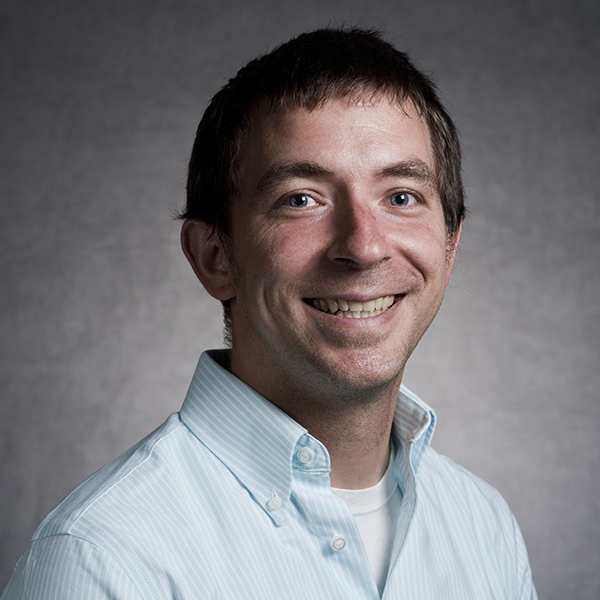
Brian Lancor
Senior Lecturer, Physics
BLancor@edgewood.edu
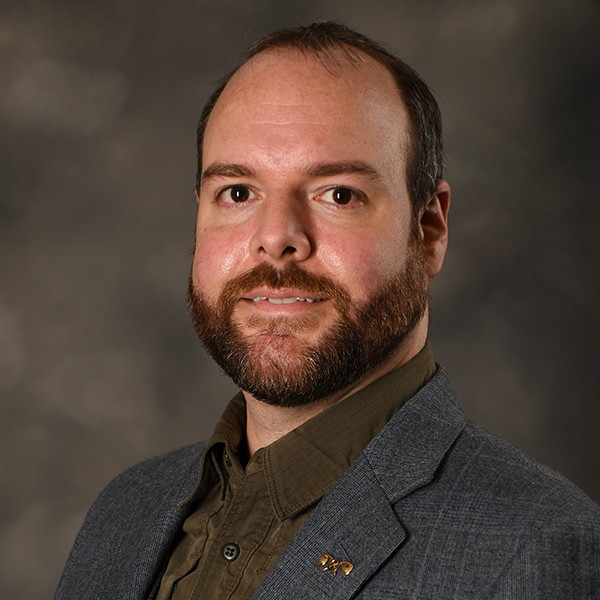
James Diodato
Fabrication Laboratory Director
JDiodato@edgewood.edu
Physics Experiences
Students enrolled in the physics program have internship opportunities that provide hands-on and experiences that translate into industry knowledge. Locations include Madison Gas and Electric, student designed projects for Edgewood University, curriculum design projects, and conducting research at UW-Madison in physics and engineering labs.
Collaborative Programs
Madison College
Edgewood University and Madison College’s partnership pathway allows students to transfer coursework easily. Students attending Edgewood University can take courses at Madison College in the following areas:
- Renewable Energy
- Electrical Engineering Technology
- Civil Engineering Technology
- Mechanical Design Technology
- Automated Systems Technology
These courses provide you with the opportunity to gain technical skills which are complimentary to the theoretical training you receive in traditional physics courses. Courses taken at Madison College are covered by your Edgewood University tuition in which scholarships and financial aid still apply.
University of Wisconsin – Madison
The Collaborative Program with UW-Madison allows you to take one course per semester at UW and transfer these credits back to Edgewood University. This opportunity provides students the ability to explore specialized coursework in science and engineering and count toward elective credit for the Physics major.
Engineering Dual Degree with UW-Platteville
In partnership with UW-Platteville, students can earn two degrees: A BS in Physics from Edgewood University and a BS in Mechanical Engineering or BS in Electrical Engineering from the University of Wisconsin – Platteville.
Students spend three (3) years at Edgewood University building a strong foundation in physics, mathematics, and chemistry. Within your third year, you will apply to transfer to UW-Platteville, where after two (2) years, you can earn a degree in Engineering. UW-Platteville’s Engineering program is ABET accredited and is a highly competitive program in which students must achieve a 3.0 minimum GPA in their major coursework to apply for admission.
Fabrication Laboratory (Fab Lab)
Edgewood University’s Fabrication Laboratory (Fab Lab) provides resources and opportunities for student directed projects – and is open to all students, not just science majors. Workshops and training sessions are offered on a regular basis.
Our Fabrication Laboratory provides student access to high-tech equipment including:
- Formlabs Form 3+ Resin Printer
- Bambu X1E Filament Printers
- Hakko Soldering Stations
- Keysight Benchtop Devices
- Mayku Vacuum Former
- Boss Laser 150W Laser Cutter
- Solidworks and Fusion Design Software
- Raspberry Pi and Arduino Microcontrollers
- RevoPoint 3D MetroX High Resolution 3D Scanner
Obsession Dobsonian Telescope
The Physics Department is home to a 20” Obsession Dobsonian telescope. The telescope currently resides at the Ernest Hupenden Painted Forest near Reedsburg, WI. This rural location is ideal for observing the night sky. The telescope is used by students in Astronomy classes and for student projects. Additionally, the Physics Department hosts public observation nights at the Painted Forest in the summer and fall.
Related Programs
-
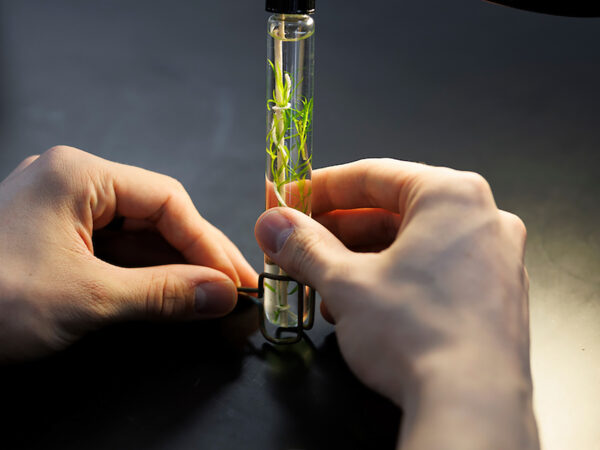
On-campus
Bachelor of Science in Biology -

On-campus
Bachelor of Science in Business -
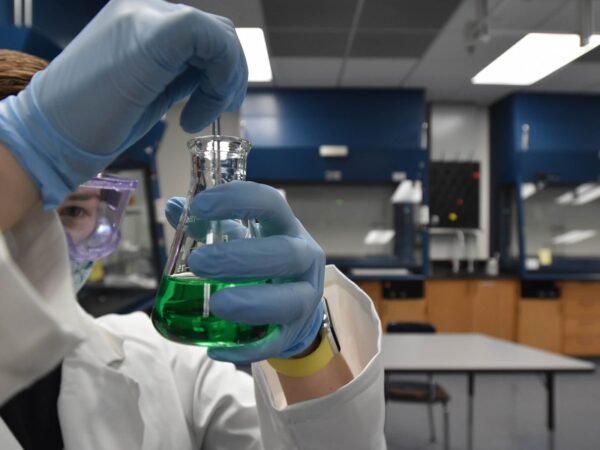
On-campus
Bachelor of Science in Chemistry
-
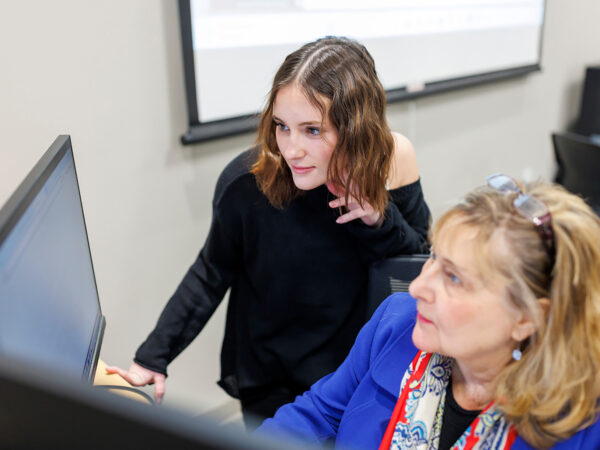
-
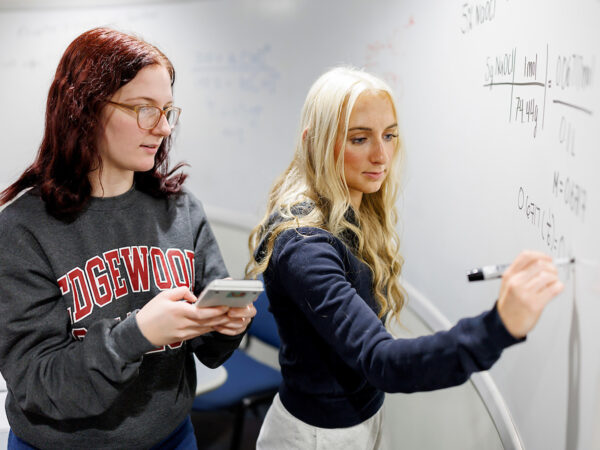
On-campus
Bachelor of Science in Mathematics -
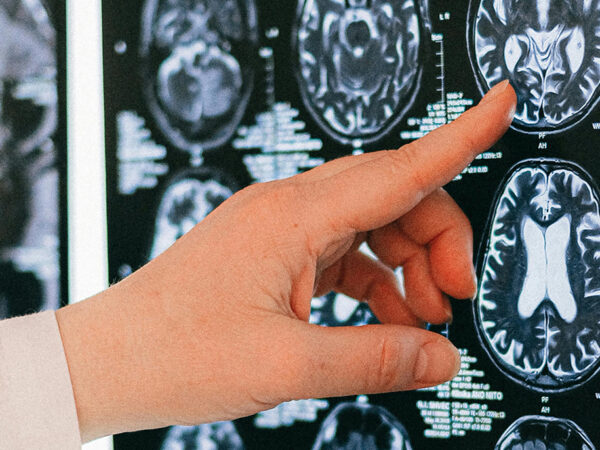
On-campus
Bachelor of Science in Neuroscience
Frequently Asked Questions
What kind of math skills do I need for a physics degree?
We welcome students with a range of math skills. Calculus is the foundation of work of a physics major. If students are ready to take calculus their first semester, then can jump right in to the major. Otherwise, we work with students to get them ready for calculus and to guide them to the classes they can take that will count towards the major in the meantime.
How much time should I expect to spend in the lab?
Our physics classes are taught in an integrated lab/lecture format that meets three times a week (2 hours each for lab classes). Students move between lecture, lab and group activities in a format designed based on research into teaching and learning science.
Is graduate school necessary for a career in physics?
The skills learned in a physics major (problem solving, analytical, and mathematical) are valuable in many fields of employment and employment rates are very high for graduates with a physics major. Careers in direct physics research typically involve further graduate study.
What kind of support is available for physics students, such as tutoring or academic advising?
Students have access to peer tutors at the learning lab on campus during their early career, and then can become peer tutors as they move through their time here. It is a great way to build a variety of skills. Faculty are also always willing to spend time one on one with students outside of class to help them learn.